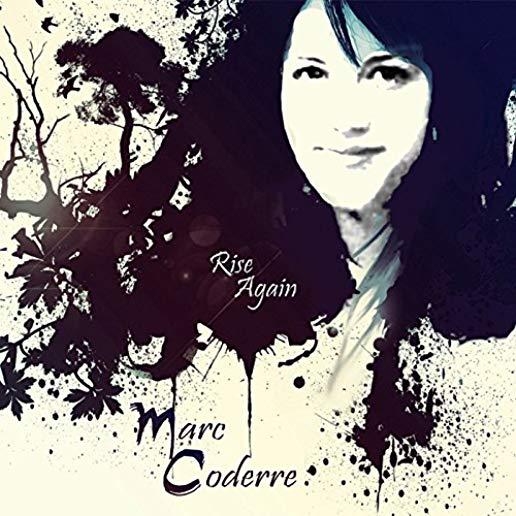
description
ppropriation and pastiche made her notorious--as a rebel and a groundbreaker--when Great Expectations was first published in 1982. Here, she begins rewriting Charles Dickens's classic--splicing it with passages from Pierre Guyotat's sexually violent Eden, Eden, Eden, among other texts--alongside Acker's trademark pithy dialogue, as well as prank missives to the likes of Susan Sontag, Sylvère Lotringer, and God. At the center of this form-shifting narrative, Acker's protagonist collects an inheritance following her mother's suicide, which compels her to revisit and reinterpret traumatic scenes from the past. Switching perspectives, identities, genders, and centuries, the speaker lustily ransacks world literature to celebrate and challenge the discourse around art, love, life, and death.
member goods
No member items were found under this heading.
Return Policy
All sales are final
Shipping
No special shipping considerations available.
Shipping fees determined at checkout.







